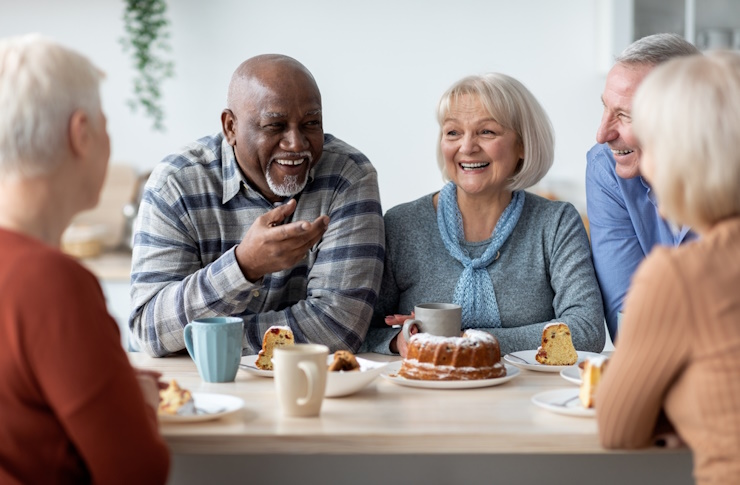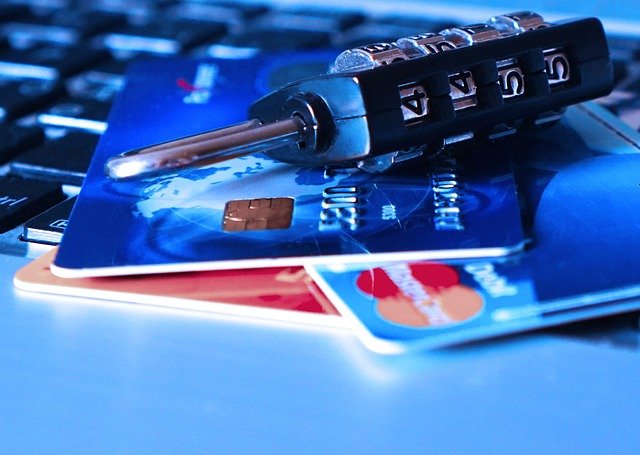Senior Speed Dating in 2025: Finding Safe and Trustworthy Social Connections
In 2025, senior speed dating events are becoming more popular as safe, inclusive spaces for older adults to meet others with shared interests. Organized both online and in-person, these gatherings focus on companionship, conversation, and genuine social connection. Many event organizers now prioritize safety, background checks, and comfortable environments tailored to senior participants. This overview explains how senior speed dating works, what to look for in trusted programs, and how technology is shaping modern matchmaking for mature adults.

As society continues to recognize the importance of social connection across all life stages, organized events for older adults have gained significant momentum. The landscape of meeting new people has transformed dramatically, with structured formats providing comfortable settings for individuals seeking companionship, friendship, or romantic relationships. These events prioritize creating safe, respectful environments where participants can engage authentically without pressure or discomfort.
The Rise of Senior Speed Dating
Structured social events for older adults have experienced notable growth in recent years, reflecting changing attitudes about aging and relationships. Many individuals over 60 find themselves single due to divorce, widowhood, or simply never having married, and they increasingly seek opportunities to expand their social circles. Traditional dating methods may feel outdated or uncomfortable, while online platforms can present challenges for those less familiar with digital technology. Speed dating events adapted for mature audiences bridge this gap by offering face-to-face interaction in organized, time-efficient formats. These gatherings typically take place in restaurants, community centers, or dedicated event spaces, with participants rotating through brief conversations lasting three to seven minutes. The format removes much of the awkwardness associated with traditional dating while providing enough time to gauge initial compatibility. Organizations hosting these events have proliferated across urban and suburban areas, recognizing the substantial demand from adults who value direct, personal interaction over screen-based communication.
How Modern Senior Dating Works in 2025
Today’s organized social events for older adults incorporate thoughtful planning and structure to maximize comfort and success. Registration typically occurs online or by phone, with organizers collecting basic information about age ranges, interests, and preferences. Events are often segmented by age brackets to ensure participants meet others in similar life stages. Upon arrival, attendees receive name tags, scorecards, and brief orientation about how the evening will proceed. The rotation system ensures everyone has equal opportunity to meet multiple people, with organizers using timers or bells to signal transitions between conversations. After the event concludes, participants submit their scorecards indicating individuals they would like to connect with further. If two people express mutual interest, contact information is exchanged through the organizing platform. Many services now offer additional features such as pre-event mixers, follow-up social gatherings, and specialized events focused on particular interests like travel, arts, or outdoor activities. Technology integration has improved coordination while maintaining the essential in-person element that participants value. Some organizers provide coaching or conversation tips beforehand, helping those who feel rusty with social interaction to approach the experience with confidence.
Safety and Trust in Senior Dating Events
Security and authenticity remain paramount concerns for anyone attending social events, particularly for older adults who may be more vulnerable to exploitation or scams. Reputable event organizers implement multiple safeguards to create trustworthy environments. Identity verification processes typically require valid identification and sometimes background checks for participants. Events are held in public venues with adequate lighting and staff presence. Organizers establish clear codes of conduct prohibiting harassment, aggressive behavior, or inappropriate contact, with mechanisms for reporting concerns immediately. Many services maintain strict privacy policies, ensuring personal information is not shared without consent. Financial transparency is another trust indicator, with legitimate organizations clearly stating their pricing structure and refund policies upfront. Participants are encouraged to meet only in public places for any follow-up dates and to inform friends or family members of their plans. Educational resources about recognizing red flags in potential relationships are often provided. Some organizations partner with local senior centers or community groups, adding an additional layer of credibility and oversight. The emphasis on creating respectful, monitored environments helps participants feel secure enough to be open and authentic during their interactions.
Understanding Event Costs and Options
Participation in organized social events typically involves registration fees that vary based on location, venue quality, and included amenities. Generally, single-event attendance ranges from approximately 25 to 75 dollars per person, with some premium experiences in major metropolitan areas reaching 100 dollars or more. Many organizers offer package deals where purchasing multiple events in advance reduces the per-event cost. Membership programs may provide unlimited monthly access for a flat fee, typically between 50 and 150 dollars depending on the frequency of available events. Some community-based or nonprofit organizations offer lower-cost alternatives, sometimes as low as 10 to 20 dollars per event, particularly when hosted in public spaces like libraries or senior centers. Virtual speed dating options, which became more common during recent years, generally cost less than in-person events, ranging from 15 to 40 dollars. Pricing often reflects the level of service provided, including venue quality, refreshments, professional facilitation, and matching technology sophistication.
| Service Type | Typical Cost Range | What’s Included |
|---|---|---|
| Single In-Person Event | 25 to 75 dollars | Venue access, rotation system, match coordination |
| Premium Metropolitan Event | 75 to 100+ dollars | Upscale venue, refreshments, professional hosting |
| Multi-Event Package | 60 to 200 dollars | 3-5 events, priority registration, discounted rate |
| Monthly Membership | 50 to 150 dollars | Unlimited events, exclusive gatherings, priority matching |
| Community-Based Event | 10 to 30 dollars | Basic venue, volunteer coordination, simplified format |
| Virtual Speed Dating | 15 to 40 dollars | Online platform access, digital matching, remote participation |
Prices, rates, or cost estimates mentioned in this article are based on the latest available information but may change over time. Independent research is advised before making financial decisions.
Building Meaningful Connections
The ultimate goal of participating in structured social events extends beyond simply meeting new people. For many older adults, these gatherings represent opportunities to combat isolation, build friendships, and rediscover the joy of social engagement. Research consistently shows that maintaining active social lives contributes significantly to mental and physical well-being in later years. Whether participants seek romantic partnerships, companionship for activities, or simply expanded social networks, these events provide valuable pathways to connection. Success often comes from approaching the experience with openness, realistic expectations, and genuine curiosity about others. Many individuals find that even when romantic matches do not materialize, the friendships and social confidence gained prove equally valuable. The structured format reduces anxiety while the shared experience of attending creates natural conversation topics and common ground.
Choosing the Right Experience
Selecting an appropriate event requires considering personal preferences, comfort levels, and goals. Researching organizers through reviews, testimonials, and community recommendations helps identify reputable services. Some individuals prefer smaller, intimate gatherings while others enjoy larger events with more variety. Specialty events focused on particular interests or demographics may offer better alignment than general gatherings. Trial attendance at a single event before committing to packages allows assessment of the format and atmosphere. Speaking with organizers beforehand about accessibility needs, dietary requirements, or other considerations ensures a positive experience. Many successful participants recommend attending with a friend initially to ease nervousness, though most find the supportive atmosphere quickly dispels concerns. The key is finding an approach that feels authentic and comfortable while remaining open to new possibilities and connections that enrich life in meaningful ways.




